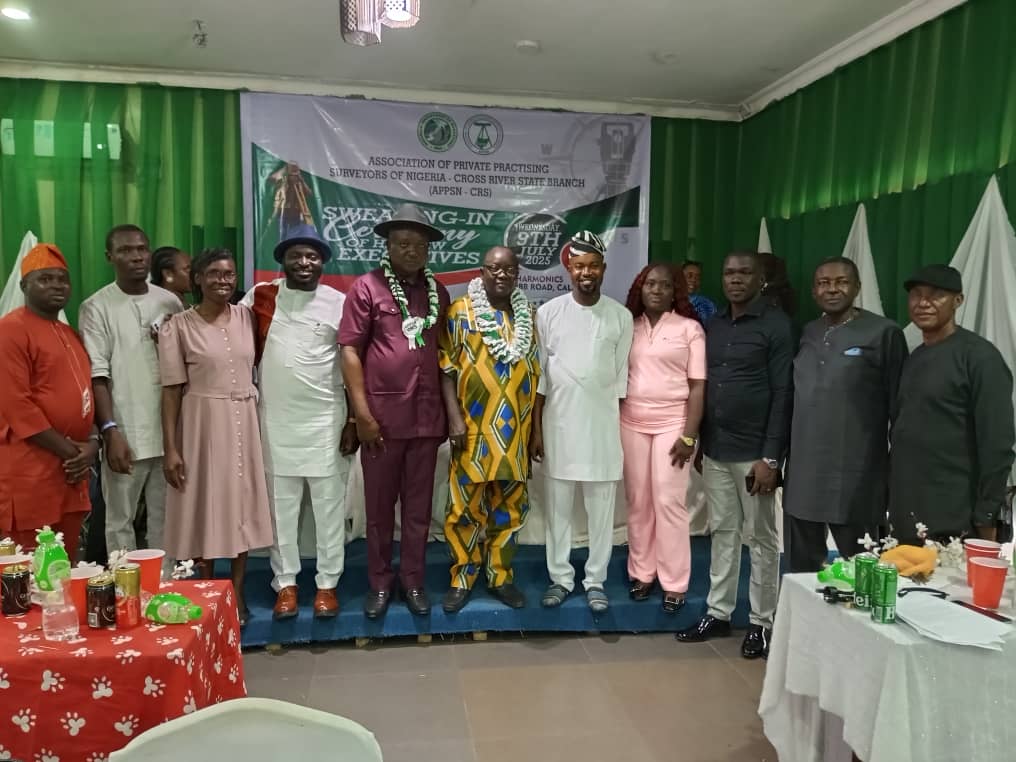Image by James Wiseman.
The struggle of Africa and the Middle East against foreign oppression did not end with the fall of colonial empires. Instead, it evolved into new forms of neocolonialism, foreign-backed coups, economic exploitation, and military interventions. The promise of self-determination after independence was undermined by a system in which foreign powers—especially the United States, Europe, and regional actors—continued to shape the political and economic destinies of nations. From the assassination of African leaders to the overthrow of democratically elected governments in the Middle East, these regions remain trapped under the shadows of empire.
The Overthrow of Pan-Africanist and Independent Leaders
One of the clearest examples of neocolonialism in Africa is the systematic removal of nationalist and Pan-Africanist leaders who opposed Western economic domination. Many African leaders who sought to chart an independent path for their nations were either assassinated or removed through foreign-backed coups.
Patrice Lumumba (Congo, 1961)
Perhaps the most tragic case of neocolonial interference in Africa is Patrice Lumumba, the first Prime Minister of the Democratic Republic of Congo. Lumumba’s crime in the eyes of Western powers was his insistence on true Congolese independence, particularly his efforts to nationalize the country’s vast mineral wealth. He sought Soviet assistance to counter Western economic exploitation, which led to his downfall. The CIA and Belgian intelligence conspired with local rivals to overthrow and assassinate him in 1961. His murder ensured that Congo remained a puppet of Western mining interests, suffering decades of instability.
Thomas Sankara (Burkina Faso, 1987)
Another victim of neocolonialism was Thomas Sankara, the revolutionary leader of Burkina Faso. Sankara was dedicated to self-reliance, rejecting foreign aid and promoting agrarian reform, women’s rights, and anti-imperialism. However, his refusal to comply with French economic interests made him a target. In 1987, he was assassinated in a coup led by his close ally, Blaise Compaoré, who had the backing of France. Burkina Faso was subsequently returned to a pro-French economic model.
Muammar Gaddafi (Libya, 2011)
Gaddafi’s fall was one of the most striking examples of foreign military intervention disguised as a humanitarian mission. Libya was bombed into submission by NATO forces in 2011, leading to the overthrow and assassination of Gaddafi. His real crime was not dictatorship—many authoritarian regimes in the Middle East are backed by the West—but his attempts to challenge Western economic dominance in Africa. Gaddafi had been pushing for:
A gold-backed African currency, which would have reduced dependence on Western financial institutions.
A unified African military, to reduce reliance on foreign intervention.
An independent African satellite system, to cut expensive reliance on European telecommunications networks.
His removal turned Libya from one of Africa’s most developed nations into a failed state, now ruled by warring militias and a haven for human trafficking and extremism.
Foreign-Backed Coups and the Destruction of Democracy
Western intervention in Africa and the Middle East has not been limited to assassinations and military interventions. The manipulation of democratic processes has also been a tool to maintain control.
The 1966 Nigerian Coup and the Killing of Tafawa Balewa and Ahmadu Bello
In Nigeria, the first military coup of 1966 led to the assassinations of Prime Minister Abubakar Tafawa Balewa and Premier Ahmadu Bello. Though the coup was primarily driven by internal ethnic and political tensions, its aftermath greatly benefited Western interests.
Tafawa Balewa was moving Nigeria toward economic nationalism, which could have reduced Western economic control.
Ahmadu Bello rejected excessive foreign interference in Nigerian affairs, particularly from Britain.
Their deaths led to a series of military regimes, many of which were aligned with Western economic interests, particularly in the oil sector. During the Biafran War (1967-1970), Britain and Western oil companies played a key role in ensuring that Nigeria’s vast petroleum reserves remained under their control.
Muhammad Mursi (Egypt, 2013)
Egypt’s first democratically elected president, Muhammad Mursi, was overthrown in a military coup led by General Abdel Fattah el-Sisi in 2013. While his presidency faced internal opposition, his removal was heavily backed by the United States, Israel, and Gulf states (Saudi Arabia and UAE). These foreign powers saw Mursi as a threat due to his efforts to:
Reduce Egyptian dependence on Western allies, by improving ties with Turkey and Iran.
Support Palestinian resistance in Gaza, which threatened Israel’s regional control.
Challenge the power of military elites, who were long allied with the West.
Following his removal, Egypt returned to military rule under Sisi, who restored close ties with the U.S. and Gulf monarchies. Billions in foreign aid ensured that Egypt remained under Western influence.
The Economic Chains of Neocolonialism
Even when military interventions are absent, Africa and the Middle East remain tied to the economic interests of foreign powers. Neocolonialism functions through debt dependency, control of natural resources, and trade policies that favor Western economies.
The CFA Franc System
A blatant example of economic neocolonialism is the CFA Franc, used by 14 African countries but controlled by the French Treasury. This currency ensures that France retains influence over the economies of former colonies, dictating monetary policy and controlling reserves. Leaders like Mali’s Assimi Goïta and Niger’s military junta have recently begun challenging this system, but efforts to dismantle it are met with resistance from Paris.
Foreign Control of Resources
Many African and Middle Eastern nations have vast natural wealth but remain impoverished due to foreign control. Niger, a major supplier of uranium, provides France with energy while its own people lack electricity. Similarly, Nigeria’s oil wealth has historically benefited multinational corporations more than its citizens, with revenue mismanagement facilitated by Western-backed political elites.
The Shadow of Imperialism in the Middle East
The Middle East has suffered a similar fate, with foreign intervention shaping its politics, economics, and conflicts.
Mossadegh’s Overthrow (Iran, 1953)
In 1953, the CIA and MI6 overthrew Iran’s Prime Minister, Mohammad Mossadegh, after he nationalized Iran’s oil industry, which had been controlled by the British. The coup installed Shah Mohammad Reza Pahlavi, who ruled as a pro-Western monarch until the 1979 Iranian Revolution. This event showed that any attempt to challenge Western economic dominance would be met with regime change.
The Invasion of Iraq (2003) and the Fall of Saddam Hussein
While Saddam Hussein was a dictator, his removal was not about democracy but control over Iraq’s vast oil reserves. The U.S.-led invasion in 2003 devastated Iraq, leading to a failed state, sectarian violence, and the rise of ISIS. American companies gained control over Iraq’s oil, fulfilling the real objective of the war.
Conclusion: A Continuous Struggle for True Independence
From the assassination of Patrice Lumumba to the NATO-backed destruction of Libya, Africa and the Middle East remain under the grip of foreign domination. Whether through military interventions, economic manipulation, or political interference, the shadows of empire persist. True independence requires not just political sovereignty but economic self-sufficiency, unity, and the rejection of foreign-imposed leadership.
If Africa and the Middle East are to escape the shadows of empire, they must reclaim control over their resources, unite against foreign exploitation, and resist the modern forms of imperialism that continue to dictate their future.
© Counter Punch







